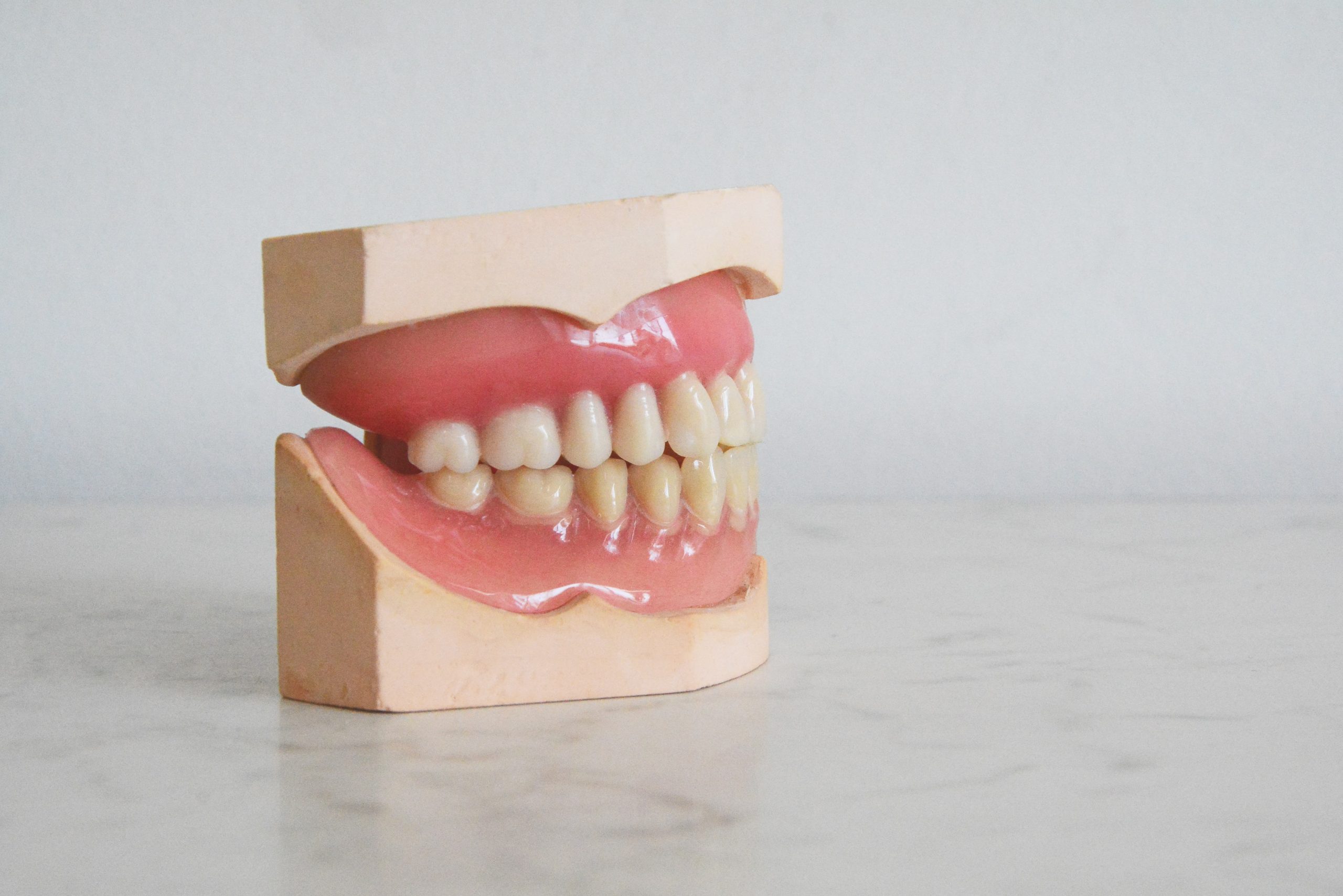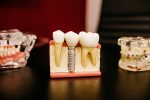A cavity is a dental issue characterized by a hollow tooth or soft area in a decayed tooth. This dental issue occurs when an individual does not practice good oral hygiene — and college students in particular are among those at high risk of suffering from oral health issues like cavities.
This might be true because many factors can cause a college student to practice poor habits and participate in activities harmful to their oral health. These activities and habits can also be a reaction to the new environment and stressful curriculum a college offers its students, which causes them to develop habits that are not the best for their dental health.
Port Washington dentist Dr. Salem described the reasons college students are at risk of suffering from cavities. Luckily, this article contains those reasons and how college students can treat or protect themselves from cavities. Read on for more information.
Reasons College Students Are at Risk Of Cavities.
The excitement and anxiety that accompany college life have a way of influencing students in college. This results in some college students losing their discipline and adopting habits and practices that are harmful to their oral health. These habits and activities can explain why college students are at risk of suffering from cavities. These habits and activities are:
1. Slacking in dental cleaning routines. The standard routine recommended by dentists to ensure good oral health is “brushing and flossing the teeth twice daily, in the mornings before meals, and at night after meals.” Many students, upon entering a college environment, forget this discipline because of college’s stressful and engaging activities.
The practice of regular mouth cleaning reduces the bacteria build-up, and by neglecting this practice, the bacteria festers and results in inflammations in the mouth, resulting in cavities.
2. Skipping or avoiding dental sessions: Believe it or not, visits to the dentist are necessary for maintaining good oral hygiene — and cavities and other oral health issues do not reflect good oral hygiene. Before coming to college, most people have a schedule that involves seeing the dentist at least twice a year, often at the behest of their parents.
But, in a college environment, there is total freedom —that is, almost no supervision. Because of this freedom, many college students do not create a schedule that includes going in for regular dental checkups and sessions. This results in little or no progress in their oral hygiene, resulting in the formation of cavities.
3. Developing new habits: Teeth cleaning habits and avoiding dental appointments are not the only new habits college students develop. Other new habits form because of the excitement of a new life without parental supervision. These new habits include the use of drugs and alcohol. These are substances that are harmful to the body and contain chemicals that increase the risk of cavities. Hence, high consumption of drugs and alcohol leads to cavities forming in the mouth.
4. Smoking: This is a habit that college students use to overcome the overwhelming stress of college work. They find solace in smoking and vaping, and this activity dries out the mouth, exposing it to a high risk of cavity formation.
5. Change in diet: This occurs due to ignorance for most students, but without the guidance of a dentist, they cannot know. Most college students settle for fast foods, energy drinks and other high sugar content foods because of the stressful nature of college. By consuming these foods, high levels of sugar enter the body, which is harmful to oral health. Also, nutrients needed for good oral hygiene are lacking in these foods, exposing the students to cavities.
Ways College Students Can Reduce the Risk of Cavities
There are specific ways college students can reduce the high risk of cavities, and they are:
1. Maintaining oral cleaning routines: College students are encouraged not to forget their discipline and practice good oral cleaning routines.
2. Schedule sessions with a dentist: College students should make time in their busy schedule to visit a dentist if they have one. If they do not, they should look for a dentist.
3. Abstain from bad habits like smoking, drugs use and alcohol consumption.
4. Good nutrition: Students should try and maintain a healthy diet by consuming foods with nutrients that are good for oral health.
Conclusion
College students have a high risk of suffering from cavities based on the reasons the article has discussed above. However, these risks can be reduced or eliminated using the methods that have also been mentioned here. Above all, you should make sure to visit your dentist regularly for proper check-up and treatment.
















